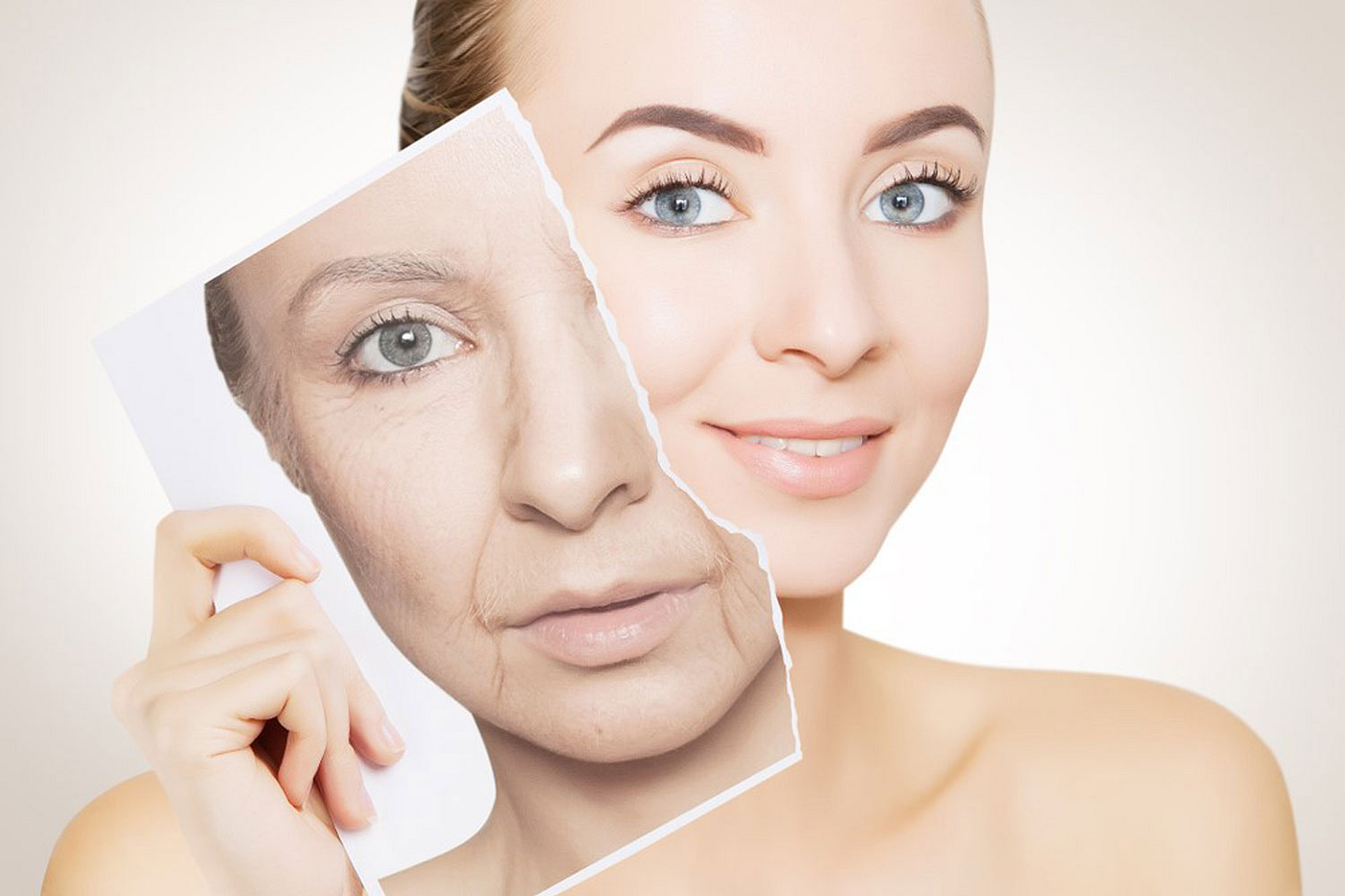In the ever-changing world of skincare, the quest of timeless beauty has resulted in ground-breaking advances in understanding the science of aging and the significance of certain components in countering its effects. As we age, our skin changes, resulting in wrinkles, fine lines, and a lack of suppleness. But don't worry, current skincare products use science to reverse time. In this article, we'll look at the scientific secrets of anti-aging skincare Ingredients, throwing light on the elements that help us obtain vibrant, young skin.
Learning to the Process of Aging
Understanding the molecular causes behind aging skin is crucial before diving into the science of anti-aging skincare products. Internal and external forces are the main ones. The synthesis of collagen and elastin gradually decreases as a result of internal aging, sometimes referred to as biological aging and governed by genetics. On the other side, environmental factors like pollution, UV radiation, and lifestyle decisions like smoking and eating poorly all have an impact on outward aging. Dehydration, the breakdown of collagen, and the development of wrinkles are all influenced by these processes.
The Function of Substances in Anti-Aging Skincare
Derivatives of Vitamin A: Retinoids
A key component of anti-aging skin care is retinoid. They function by promoting the generation of collagen and cell turnover, which lessens the visibility of wrinkles and fine lines. According to science, retinoids affect how genes are expressed, encouraging the creation of collagen while preventing its breakdown. Prescription-strength retinoids and over-the-counter retinol have differing degrees of effectiveness and should be used gradually to prevent skin irritation.
Acid Hyaluronic:
A naturally occurring substance in the skin called hyaluronic acid is essential for preserving moisture and plumpness. It can remarkably support a mass of water up to 1000 times its own weight. Hyaluronic acid levels drop with aging, causing sagging and dryness. Hyaluronic acid helps restore moisture equilibrium in skincare products, which improves skin texture and minimizes the appearance of wrinkles.
Sequences:
Proteins like collagen are made up of short chains of amino acids called peptides. It is possible to tell the skin to make more collagen by adding certain peptides to skincare products, which will increase the skin's elasticity and firmness. The secret to peptides' science is their capacity to imitate the biological mechanisms that trigger the production of collagen, giving the appearance of younger skin.
Antioxidants:
Free radicals are unstable chemicals that destroy collagen and hasten aging when they are produced by environmental aggressors like pollution and UV radiation.These free radicals are neutralized by antioxidants like vitamins C and E, which protect the skin from oxidative stress. Specifically, vitamin C is necessary for the creation of collagen and skin lightening.
The two types of hydroxy acids are beta (BHAs) and alpha (AHAs):
Exfoliants like AHAs and BHAs work by removing dead skin cells from the skin, encouraging cellular turnover and exposing smoother, younger skin underneath. While BHAs, like salicylic acid, penetrate deeper into the skin and are thus more beneficial for oily and acne-prone skin, AHAs, like glycolic acid, act just on the skin's surface. These acids provide the look of younger skin by eliminating the drab outer layer.
Vitamin B3, or niacinamide:
Multifunctional niacinamide has many advantages for aged skin. It lessens inflammation, controls oil production, and enhances the function of the skin's barrier. According to scientific research, niacinamide promotes the synthesis of ceramides, which are vital lipids that keep skin hydrated and provide the appearance of smoother, younger skin.
Scientific Mechanisms: Their Operation
The Signaling of Cells

A lot of anti-aging chemicals function by telling the skin's cells to make more collagen, elastin, and other important substances. Robust molecular pathways that control protein synthesis and gene expression are the means by which this signaling takes place. For instance, retinoids and peptides interact with cell receptors to start a series of actions that boost the synthesis of collagen.
Inhibition of Enzyme:
Alpha hydroxy acids (AHAs) are one kind of substance that works by blocking the enzymes that break down collagen and elastin. AHAs aid in maintaining the firmness and resilience of the skin by stopping these enzymes from dissolving the structural elements of the skin.
Barrier Function and Hydration:
Ingredients that improve moisture and strengthen the skin's barrier, such hyaluronic acid and niacinamide, help to promote young skin. Premature aging is less likely in a skin barrier that is well-hydrated and protected from external stresses.
Reducing Oxidative Stress:
Antioxidants neutralize the damaging effects of free radicals by transferring electrons to them, so preventing oxidative stress. Antioxidants maintain the young characteristics of the skin by preventing cellular damage and the deterioration of collagen.
wrap up
The science of skincare products that address the main causes of aging is the foundation for the goal of young skin, which goes beyond wishful thinking. Every component that contributes to a more youthful complexion, from antioxidants that ward off free radicals to retinoids and peptides that boost collagen formation, is supported by sophisticated chemical pathways. The combination of scientific understanding and cutting-edge formulations promises to provide us practical tools for attaining beautiful, age-defying skin as we continue to solve the mysteries of skin aging.

